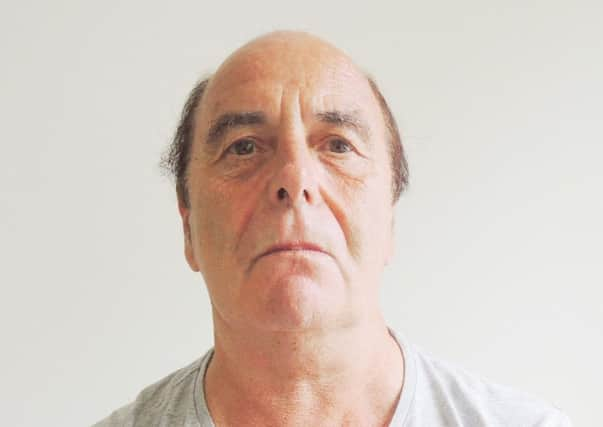Call for more life-saving signs to be sited in Horsham


Chris Britton, 59, who worked for 28 years with the South East Coast Ambulance Service in Horsham, spoke out this week following the announcement of a new scheme aimed at mapping defibrillators throughout Britain.
“I know there is a defibrillator by the entrance to Swan Walk in Horsham, but how many other people know it is there, or how many other defibrillators there are around the town?” he said.
Advertisement
Hide AdAdvertisement
Hide Ad“It would be good to see signs on, say, lamposts with arrows pointing to where they are.”
Chris, who has saved the lives of many heart attack victims during his time as a paramedic, also says more people should learn life-saving skills and know how to administer cardiopulmonary resuscitation.
“As a paramedic I was called every day to people with chest pains, or heart attacks. But people are only saved through doing effective CPR. You never start a blue heart, ever.”
Information about the availability of defibrillators – which deliver a high-energy electric shock to the heart – is not always known to ambulance services.
Advertisement
Hide AdAdvertisement
Hide AdIf a member of the public finds someone suffering a cardiac arrest and calls 999, they might not be directed to a publicly available defibrillator because of this lack of information.
Now the British Heart Foundation, NHS and Microsoft have announced they are to map the UK’s public defibrillators. The British Heart Foundation estimates that thousands more lives could be saved if the locations were known to emergency call handlers.
Meanwhile, Chris Britton is calling on local councils to do their bit and place directional signs in Horsham and other nearby towns signalling where defibrillators are sited.
Figures show that around 30,000 people suffer out-of-hospital cardiac arrests every year in the UK, but fewer than one in 10 people survive.